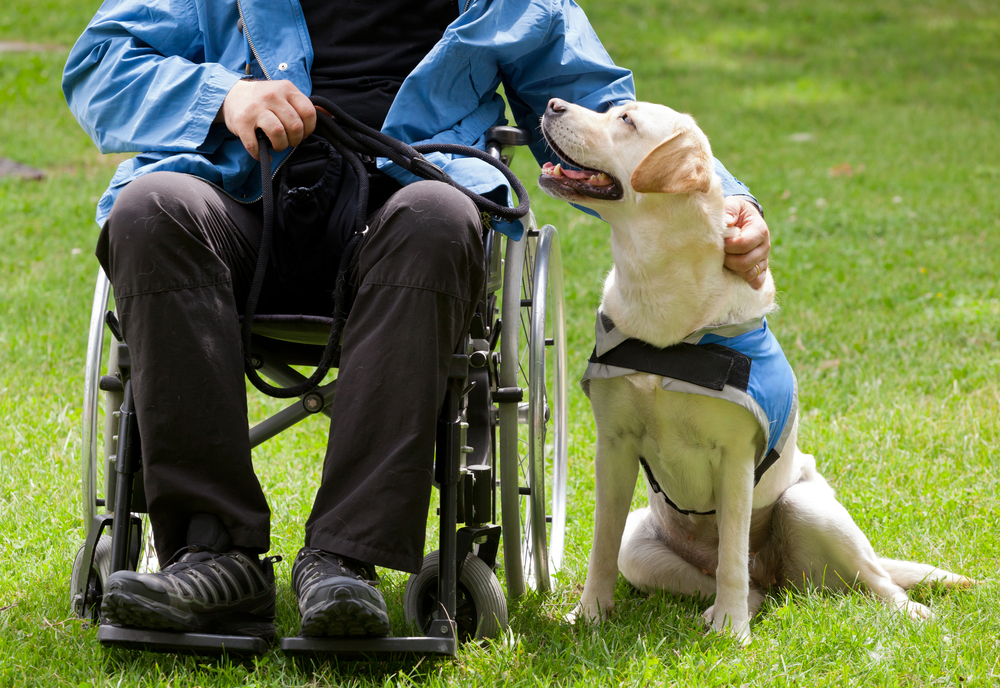Arranging legal, financial, and appointment support for aging adults living abroad
Many families face the challenge of coordinating legal, financial, and healthcare-related appointments for older relatives who live overseas. This article outlines practical steps, key documents to gather, and coordination strategies that help ensure safety, continuity of care, and clear communication across borders.

Older adults who live abroad often need coordinated help with paperwork, money matters, and routine or urgent appointments. Remote family members, professional advocates, or local services can bridge gaps in caregiving, mobility, transportation, and homecare, but clear planning and reliable documentation are essential. This article describes practical approaches to arranging legal and financial support and handling appointments and errands while prioritizing safety, nutrition, and wellness for aging relatives living in another country.
Legal documentation and advocacy for aging adults
Start by gathering essential documentation: passports, national ID, powers of attorney (financial and health), wills, advance directives, healthcare proxies, and insurance policies. If the aging adult has limited capacity, work with an attorney experienced in the relevant jurisdictions to set up internationally valid instruments or to register local equivalents. Advocacy can include identifying a trusted local contact—family member, friend, or professional advocate—who can act on behalf of the older adult for appointments, homecare coordination, or liaising with banks and medical providers. Secure digital copies and a clear list of contacts to speed action when needed.
Managing financial affairs and documentation
Financial coordination involves organizing bank accounts, direct debits, tax documents, pension statements, and insurance claims. Where possible, set up online access with multi-factor authentication and maintain an inventory of login credentials in a secure password manager. Consider whether a durable power of attorney is necessary and whether it will be recognized by institutions in the country of residence. Regularly review recurring payments, ensure currency transfer options are in place for caregiving costs or transportation, and document beneficiaries and account access protocols to avoid interruptions in funding for homecare, nutrition, or mobility services.
Coordinating appointments, transportation, and mobility
Plan medical and non-medical appointments by consolidating services when feasible to limit travel burden. Use a shared calendar that lists appointment details, required documentation, mobility needs, and transportation arrangements. Local services can often arrange accessible transportation and accompaniment for clinic visits; verify vehicle accessibility for mobility aids. For international coordination, choose appointment times that allow for remote family participation by phone or video. Confirm appointment costs, documentation required for consultations, and whether telehealth is an option to reduce the need for in-person travel.
Homecare, companionship, and respite coordination
When arranging homecare and companionship, evaluate local service providers for licensing, background checks, and experience with aging-related needs. Define visit schedules, tasks (medication prompting, meal preparation, hygiene assistance), and companionship activities to support mental wellness and reduce isolation. Coordinate respite care options so family caregivers or local advocates can take breaks. Maintain clear care plans and communicate expectations about nutrition, safety checks, and emergency procedures. Regularly review care quality with in-person visits or remote check-ins to ensure continued suitability.
Safety, nutrition, and wellness monitoring
Prioritize returning or maintaining a safe home environment: fall-risk assessments, grab bars, adequate lighting, and accessible storage for medications. Arrange for regular wellness checks—either by a local caregiver or a neighbors-as-witness program—to monitor nutrition, medication adherence, and general safety. Use technology judiciously: emergency alert systems, medication reminders, and shared monitoring apps can help keep remote family informed. Document dietary restrictions, allergies, and preferred meal plans, and ensure providers can meet nutritional needs to support overall health and mobility.
Errands, advocacy, and cross-border coordination
Errands and admin tasks—prescription refills, bill payments, document renewals—are often the most frequent needs. Establish a trusted network in the older adult’s area that can handle errands and run essential tasks. Professional concierge or local errand services can manage transportation, appointments, and coordination with government or medical offices. Maintain clear instructions, signed authorizations where required, and a local contact list for banks, clinics, and legal counsel. Regularly update documentation to reflect changes in guardianship, financial access, or medical directives.
This article is for informational purposes only and should not be considered medical advice. Please consult a qualified healthcare professional for personalized guidance and treatment.
In summary, arranging legal, financial, and appointment support for aging adults living abroad requires documented authorities, organized financial access, coordinated appointment and transportation plans, and reliable local contacts for homecare and errands. Advance planning, secure documentation, and regular communication among family, advocates, and local providers help preserve safety, nutrition, and overall wellness while minimizing administrative hurdles across borders.






